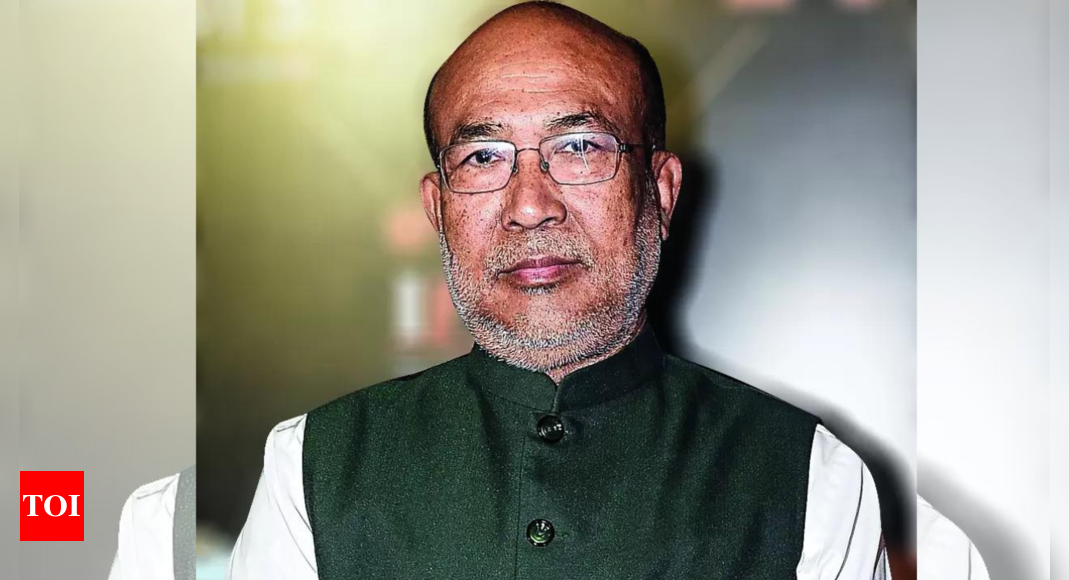Manipur Chief Minister N Biren Singh has made a significant decision to protect the ethnic communities of the state. He recently declared that individuals who arrived and settled in Manipur after 1961, irrespective of their caste or community, will be identified and deported. This move comes in response to the sectarian strife that Manipur has experienced since May 2023.
Singh attributed the recent violence in the state to drug mafia and illegal migrants, specifically pointing out refugees from Myanmar. He believes that these elements have contributed to the social unrest and tension in Manipur. By deporting those who arrived after 1961, Singh aims to maintain the cultural fabric and identity of the indigenous communities of Manipur.
Singh emphasized that 1961 serves as the base year for the inner line permit (ILP) system in Manipur. The ILP system was initially enforced during British rule under the Bengal Eastern Frontier Regulation in 1873. It restricts the entry of non-natives into Manipur without proper approval. However, the ILP system was withdrawn from Manipur in 1950. In response to widespread protests, the central government reintroduced the ILP system in December 2019. This decision was made to protect the rights and interests of the indigenous population of Manipur.
In June 2022, the state cabinet decided to adopt 1961 as the base year for identifying illegal migrants. However, various civil society groups and political parties argued for 1951 to be the base year instead. Despite differing opinions, CM Biren Singh made the final decision to consider 1961 as the cutoff year for deportation.
Speaking about the ongoing crises and the need to preserve Manipur’s identity, CM Biren Singh stated, ‘Everyone knows we are passing through troubled times, even then we have to survive, we have to live. What is happening today is a struggle for existence, survival, and identity.’ Singh’s statement highlights the importance of protecting the indigenous communities and promoting their unique cultural heritage.
As the implementation of this decision progresses, it will be essential for the government to ensure transparency and fairness. The identification and deportation process should be conducted with sensitivity, keeping in mind the humanitarian aspects of the issue. Additionally, efforts should be made to address the root causes that have led to sectarian strife and social tensions in Manipur, such as poverty, unemployment, and lack of resources.
In conclusion, Manipur CM N Biren Singh’s decision to identify and deport individuals who arrived in the state after 1961 aims to safeguard the ethnic communities and preserve the cultural identity of Manipur. This step is seen as a response to the drug mafia, illegal migrants, and refugees from Myanmar, which have been linked to violence and unrest in the state. The adoption of the inner line permit system and the choice of 1961 as the base year for deportation reflect the government’s commitment to protecting the rights and interests of the indigenous population. Moving forward, it is crucial for the government to ensure a fair and compassionate implementation process while also addressing the underlying issues that contribute to the challenges faced by Manipur.











